• Aqueous coating: a water-based coating applied to materials, such as paper, to enhance durability. Aqueous coatings have a lower environmental footprint than other common coatings, like polyethylene (PE) and Polylactic Acid (PLA), and are home compostable.
• Biodegradable: capable of being broken down into increasingly smaller pieces by bacteria or other living organisms.
• Circular economy: an economic system aimed at eliminating waste, keeping materials in use, and regenerating natural systems to create a closed-loop economy.
• Composting: the process of decomposing organic materials, such as food waste, into nutrient-rich soil under controlled conditions. Composting can be done aerobically (with oxygen) or anaerobically (without).
• Compostable packaging: packaging that can break down in a composting environment, leaving no toxic residue.
• Contamination: the presence of unwanted materials, such as food scraps in recycling, that can negatively impact the recycling process.
• Enviro-mental programme: Established in the early 2000’s as our commitment to keep the environment in mind as we grew and to continuously find ways to reduce our impact. We recognise the importance of playing our part in the transition to a decarbonised and circular economy and have been continuing to chip away at initiatives and projects to help us understand and reduce our impact with the support of our sustainability consultants at Go Well Consulting.
• Food waste: edible food that is discarded or lost at any stage from production to consumption.
• Greenhouse gases (GHGs): gases that trap heat in the atmosphere, such as carbon dioxide of methane, which contribute to climate change. Most GHGs come from burning fossil fuels – petroleum, coal, and natural gas.
• Home compostable: materials that can safely decompose in a home composting system, as opposed to requiring an industrial facility.
• Kerbside collection: any recycling, landfill, or compost collection that is picked up from a residential kerbside and managed by a local council.
• PFAS: a group of synthetic chemicals used in various products for their water and grease-resistant properties but are persistent in the environment and linked to health concerns. PFAS has been found in a lot of food packaging.
• Provenance: the origin or source of something, often used to describe the traceability of food or materials to ensure ethical and sustainable sourcing.
• Recycling: the process of converting discarded materials into new products to prevent waste.
• Single-use packaging: packaging designed for a one-time use before being discarded.
• Sustainability: the practice of meeting current needs without compromising the ability of future generations to meet their own.
• Upcycling: the process of creating something new from discarded materials or unwanted items, which is the same or of higher value than the original product.
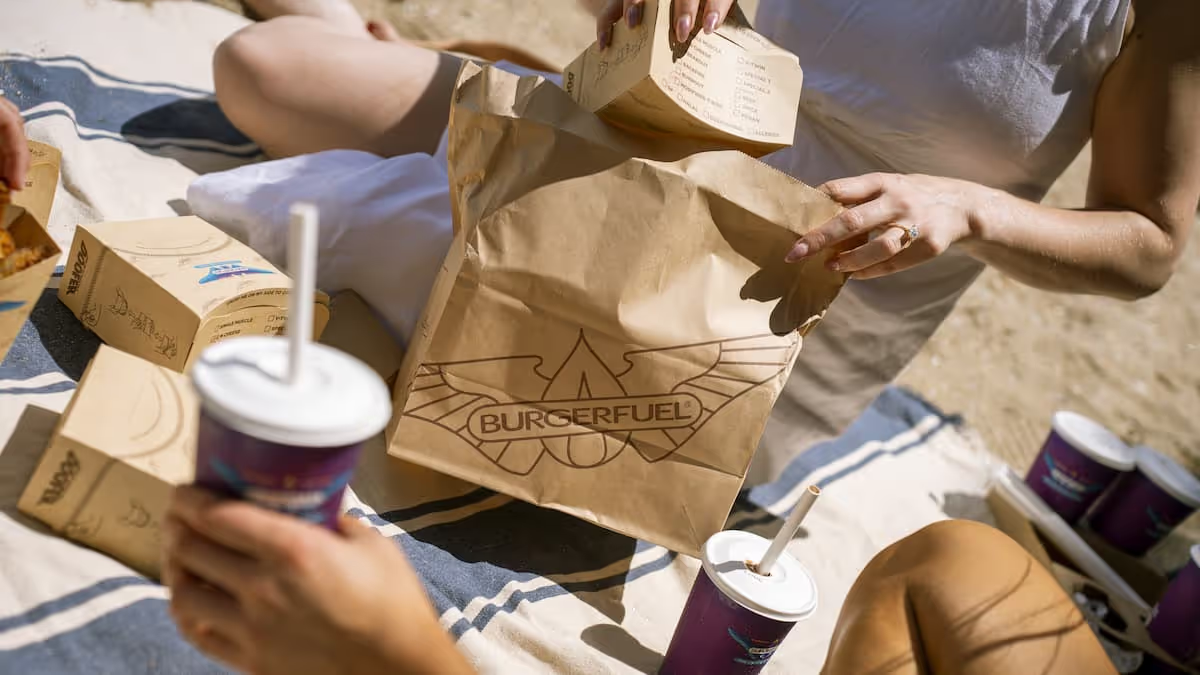
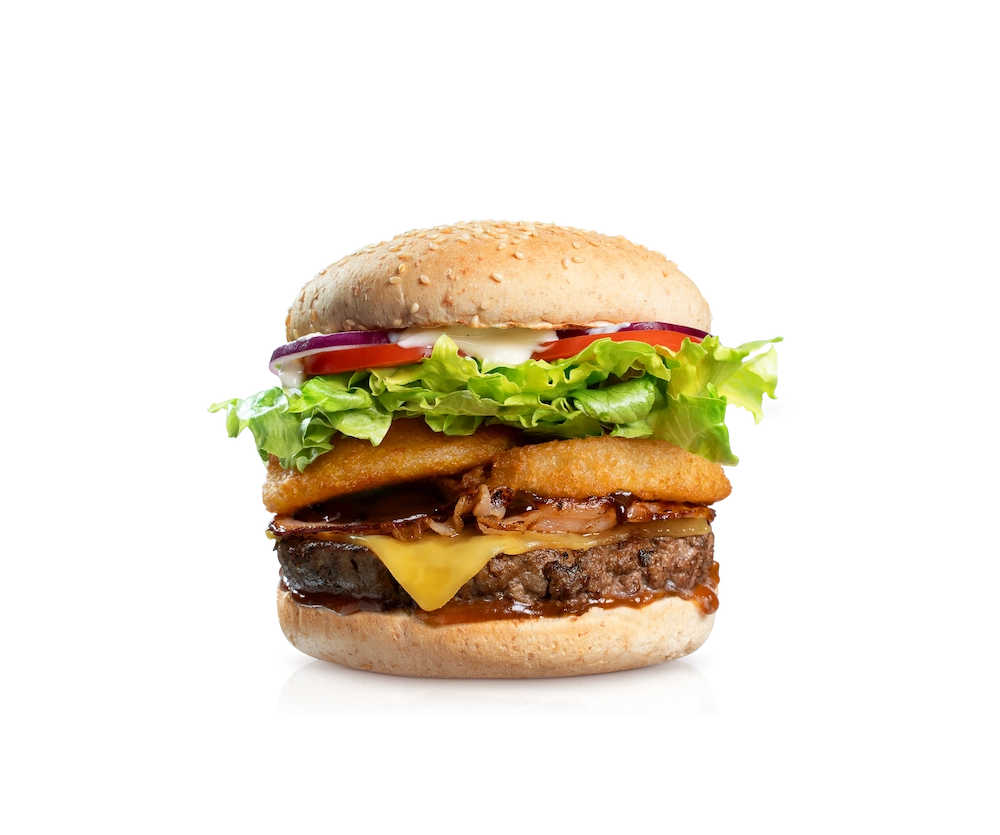

.webp)

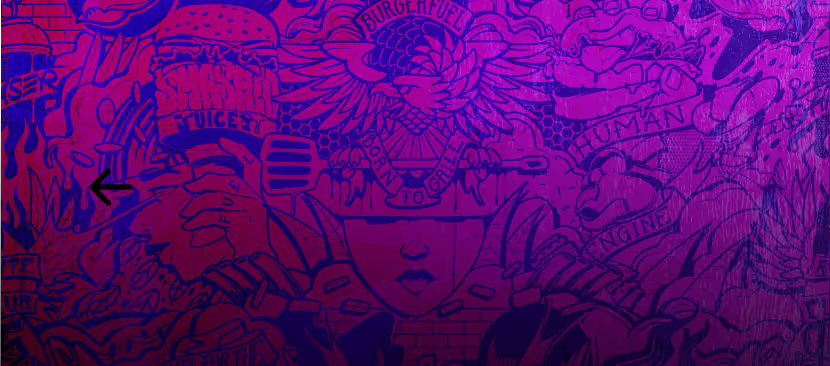
.jpg)

.webp)

.jpg)

.jpg)
.jpg)


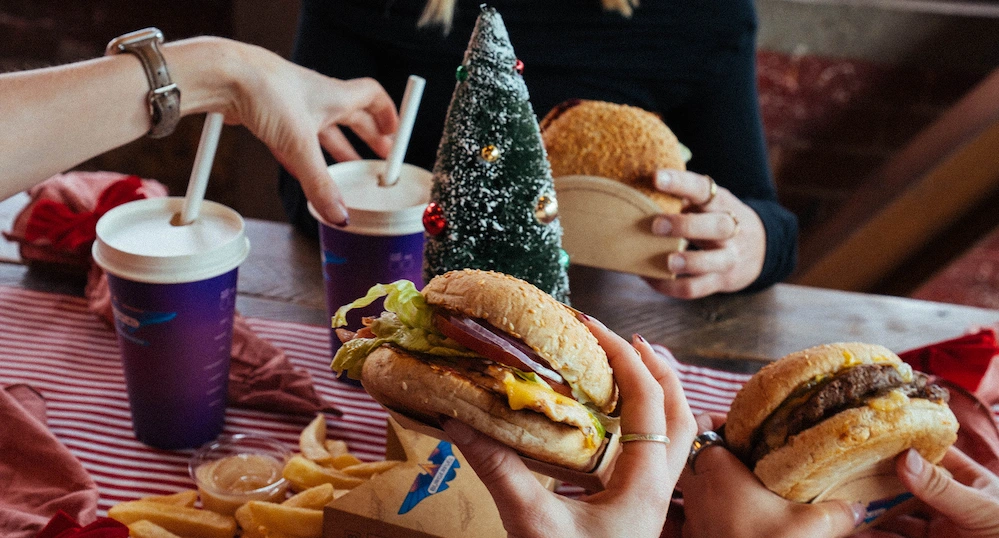


.webp)
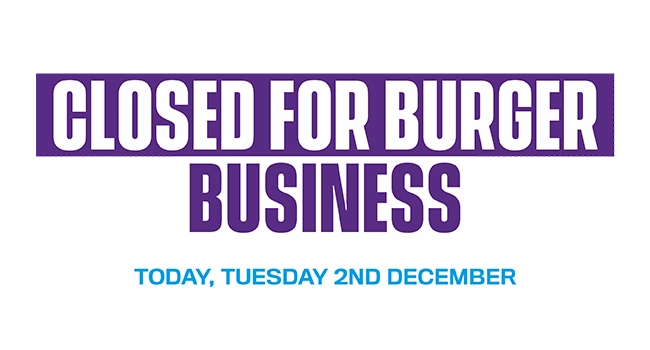
.jpg)
.webp)
.jpg)
.jpg)
.webp)


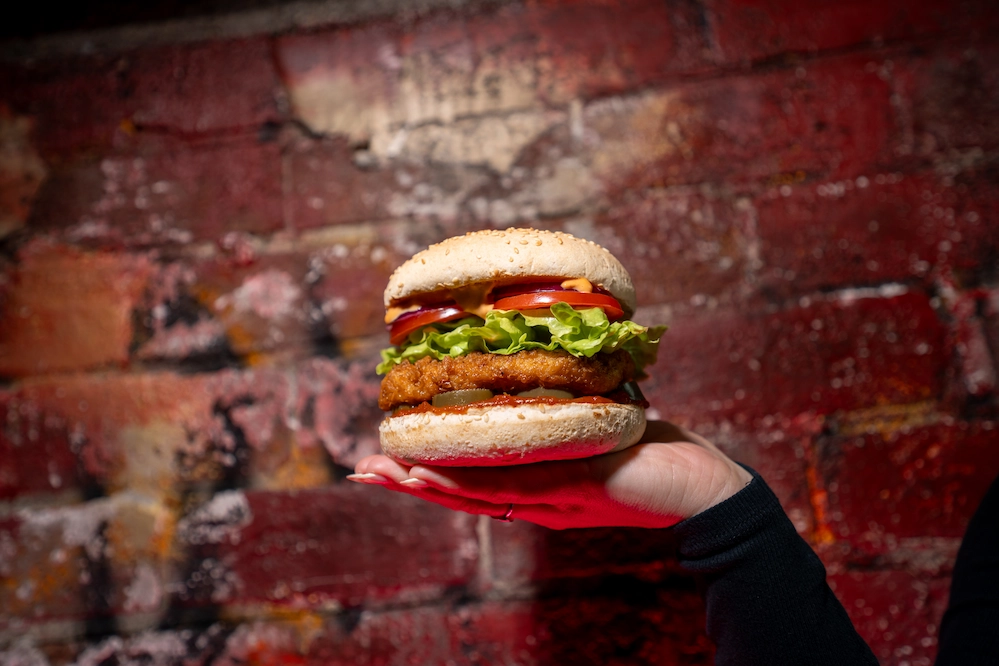

%20(1).webp)



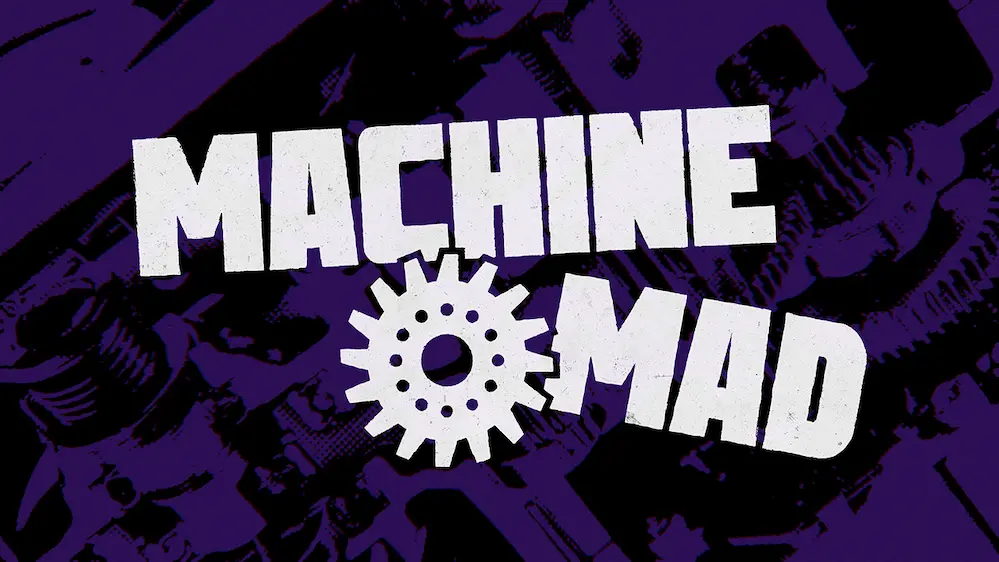

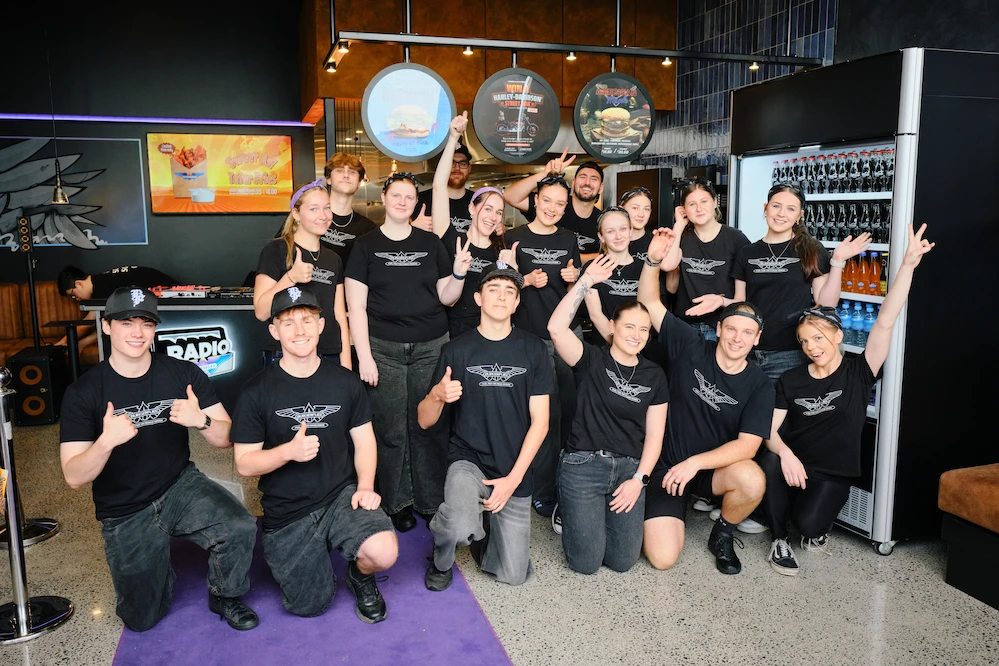

.jpg)
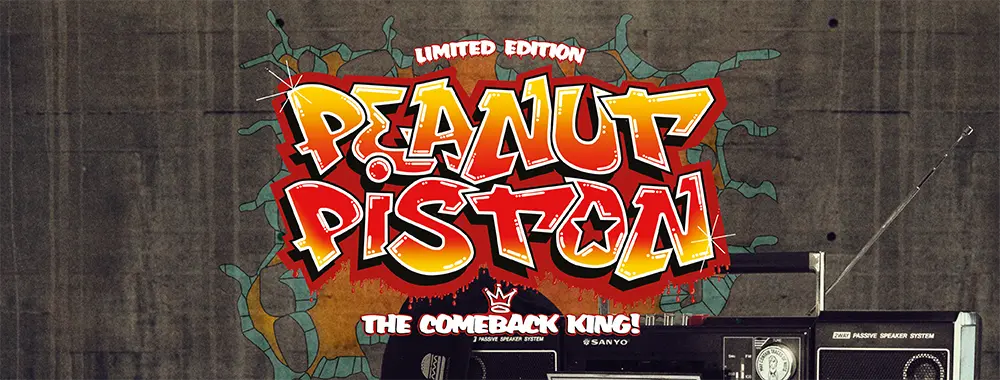
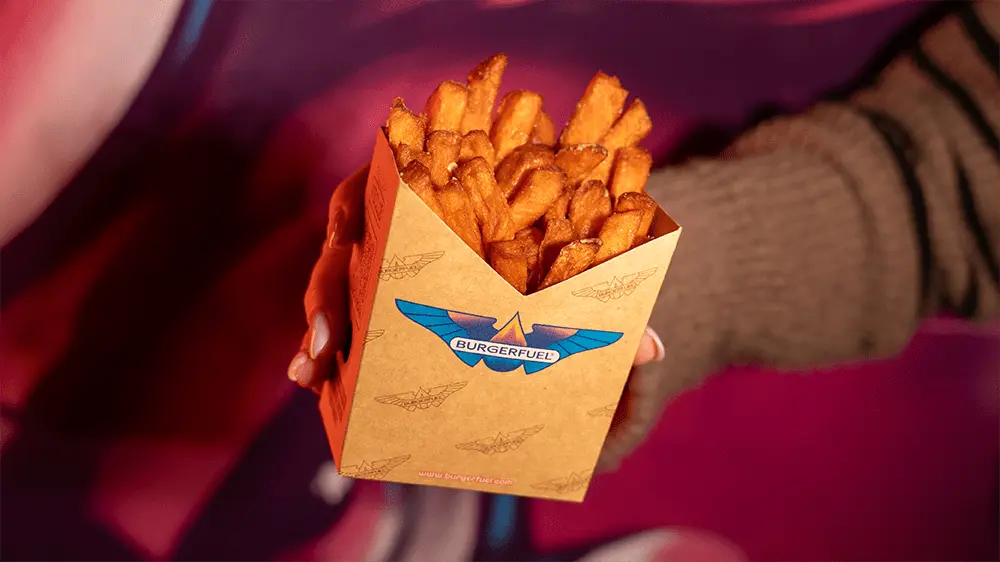









.avif)


%20(1).avif)
.avif)
.avif)

.avif)
.avif)

.avif)

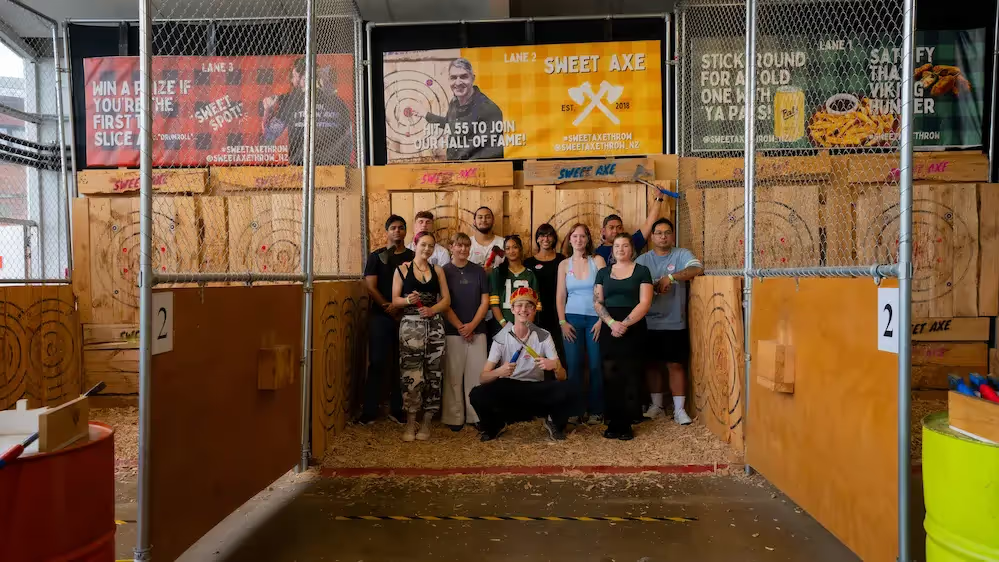




.avif)


.avif)
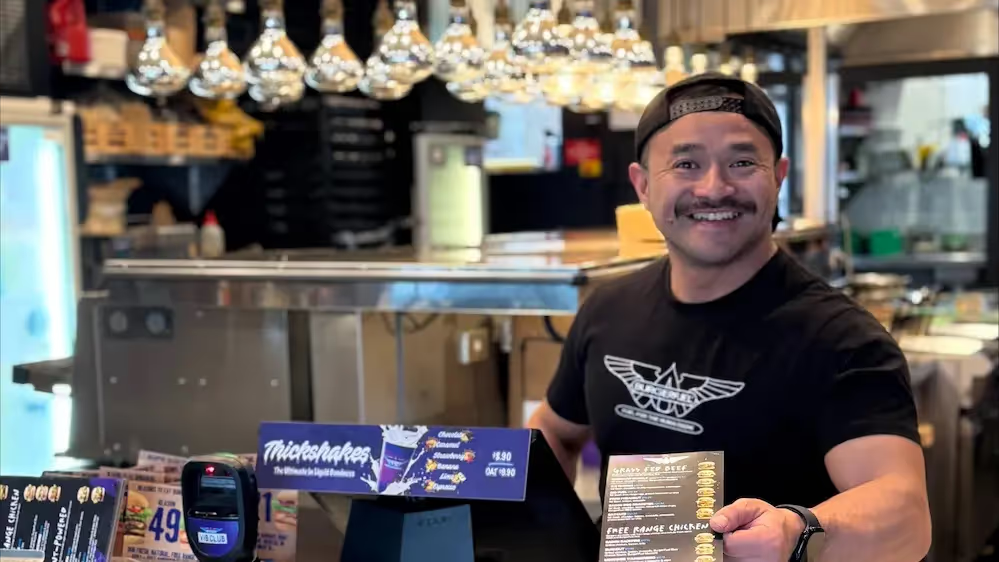










.avif)

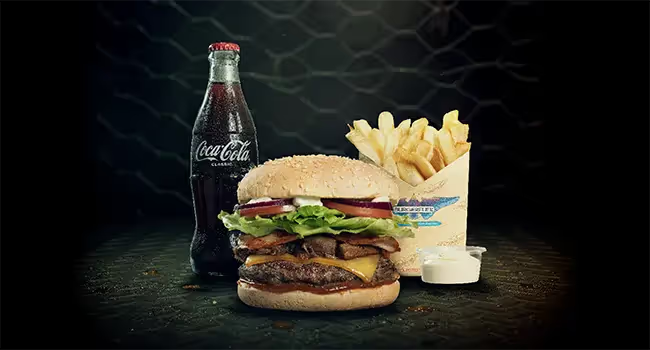
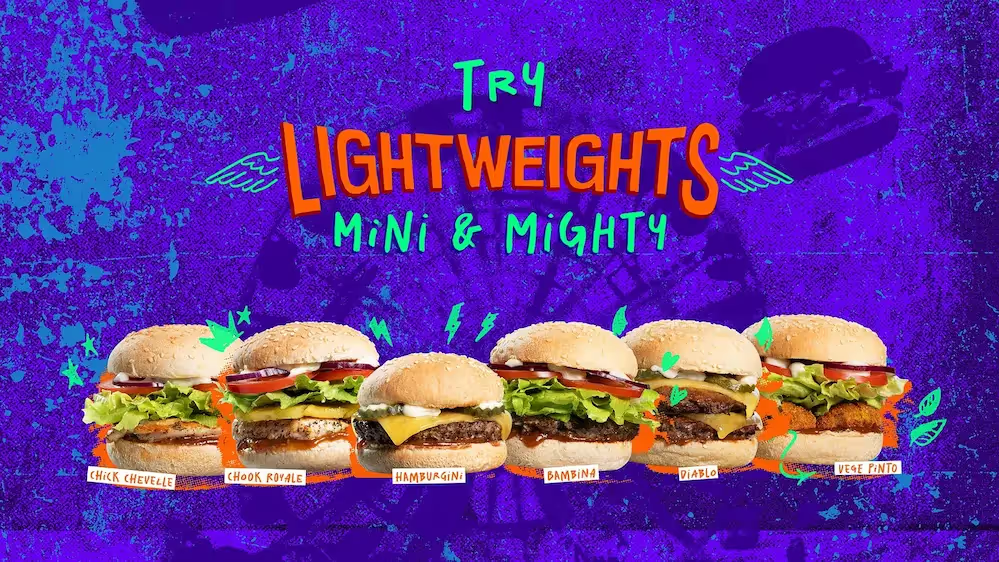
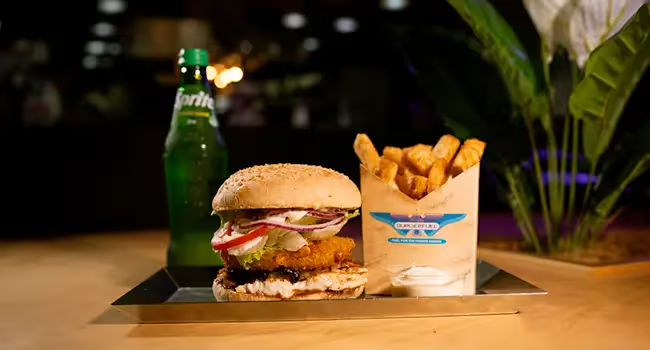
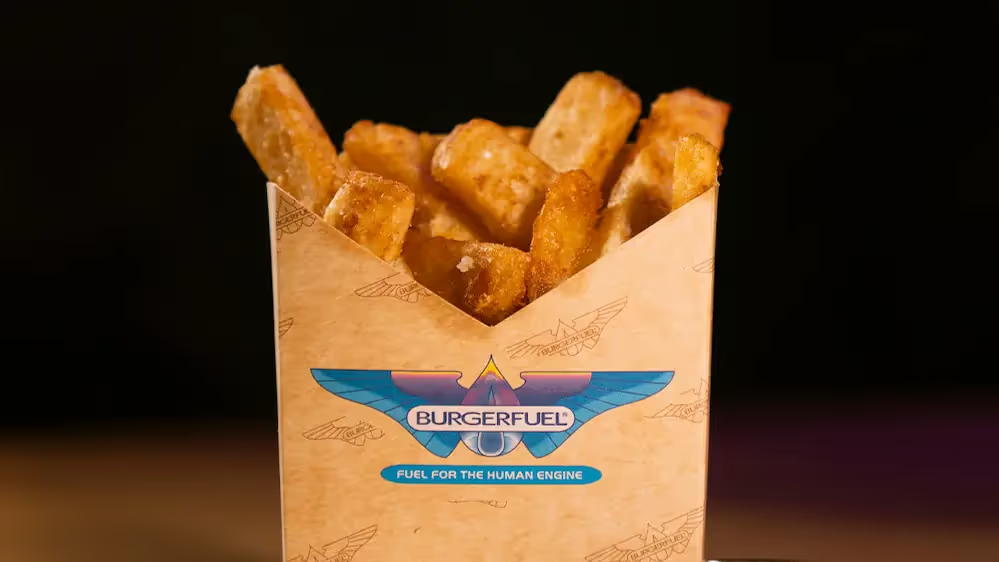
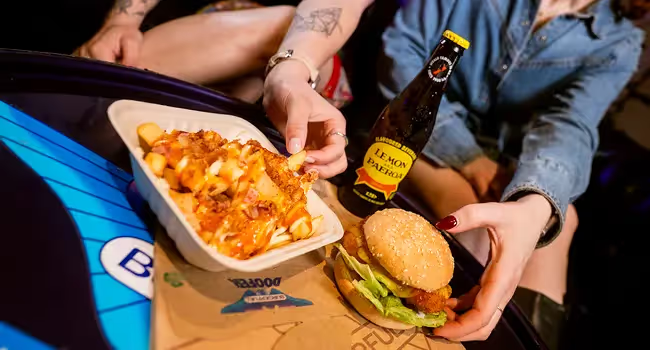
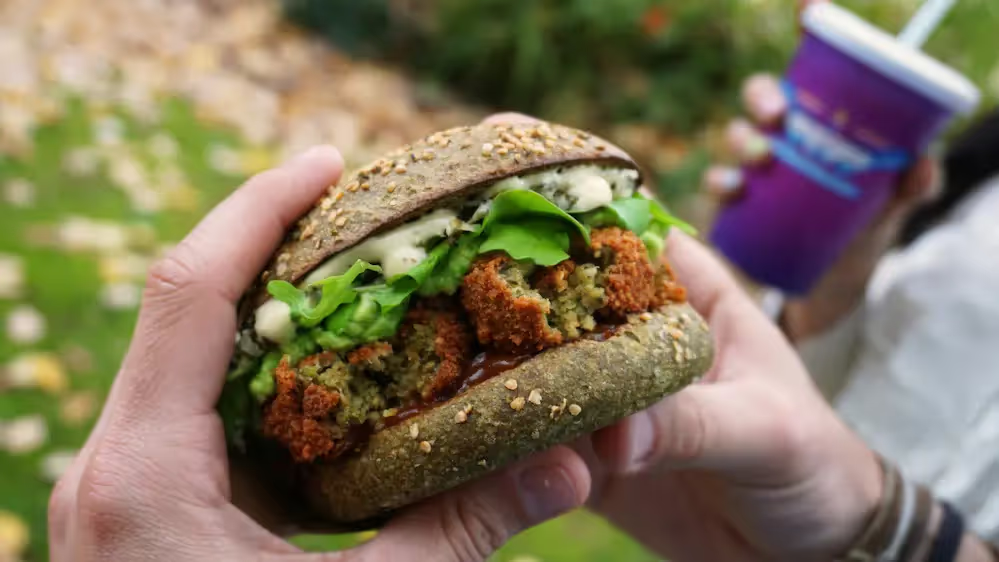
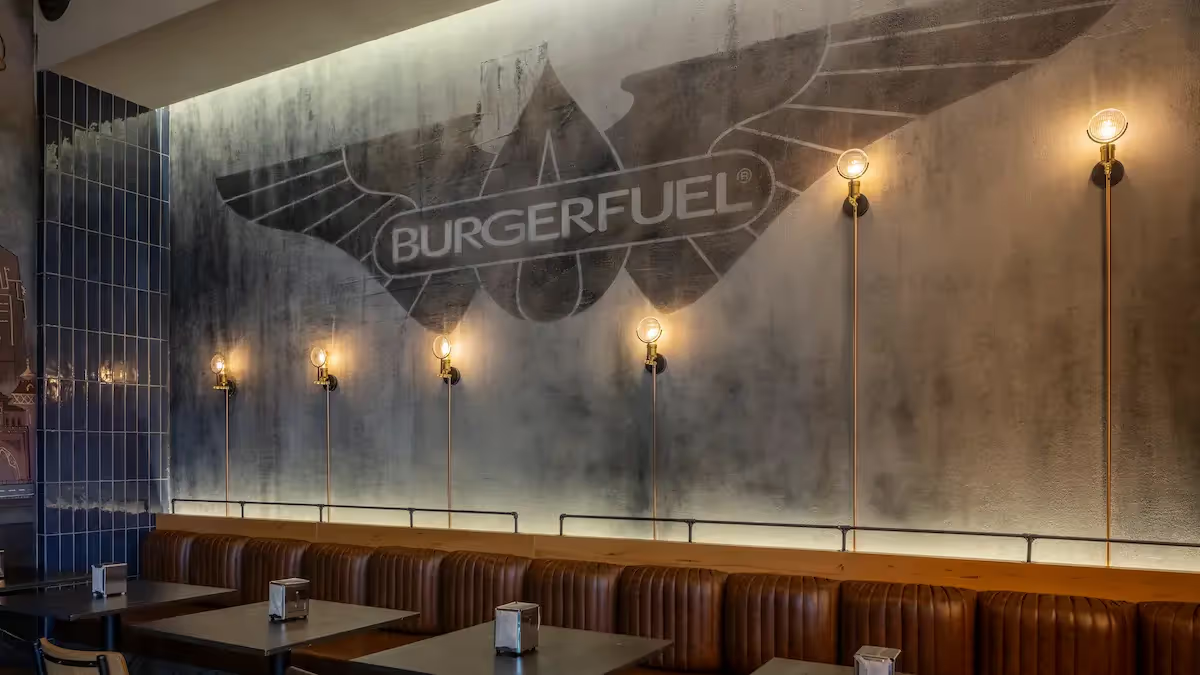
.avif)
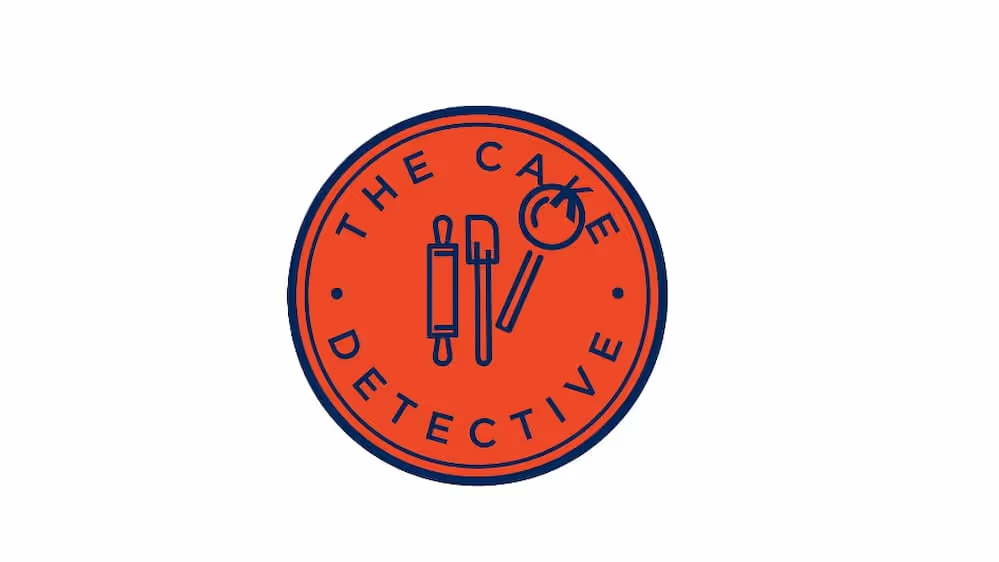
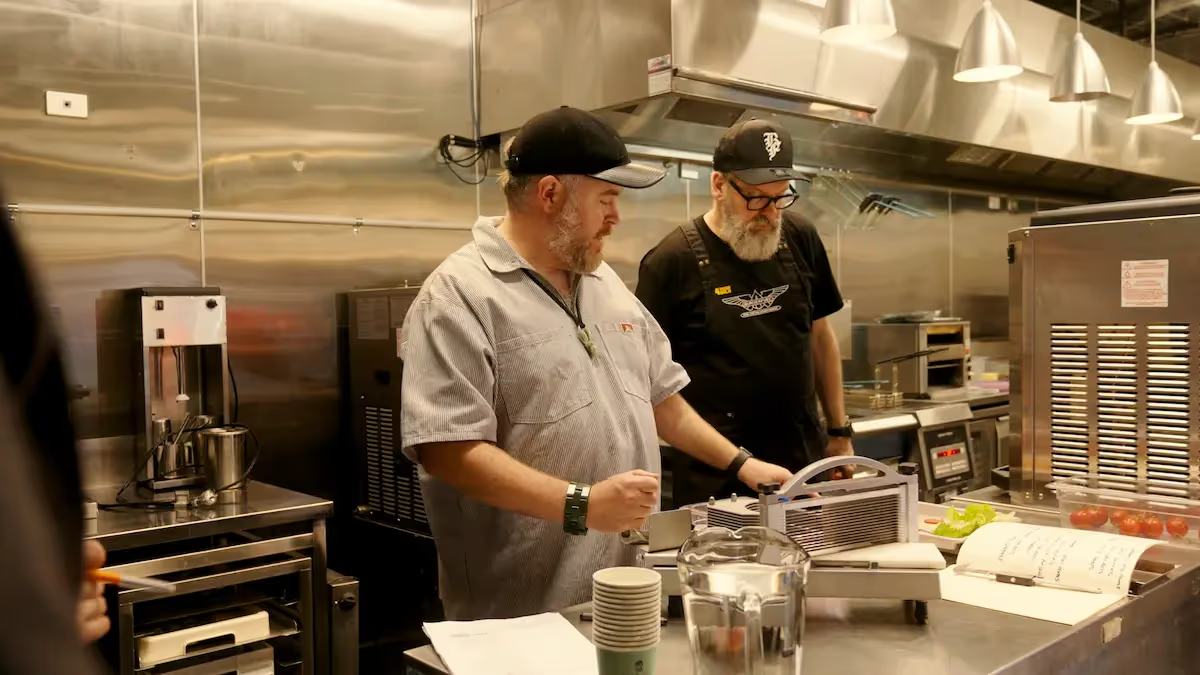


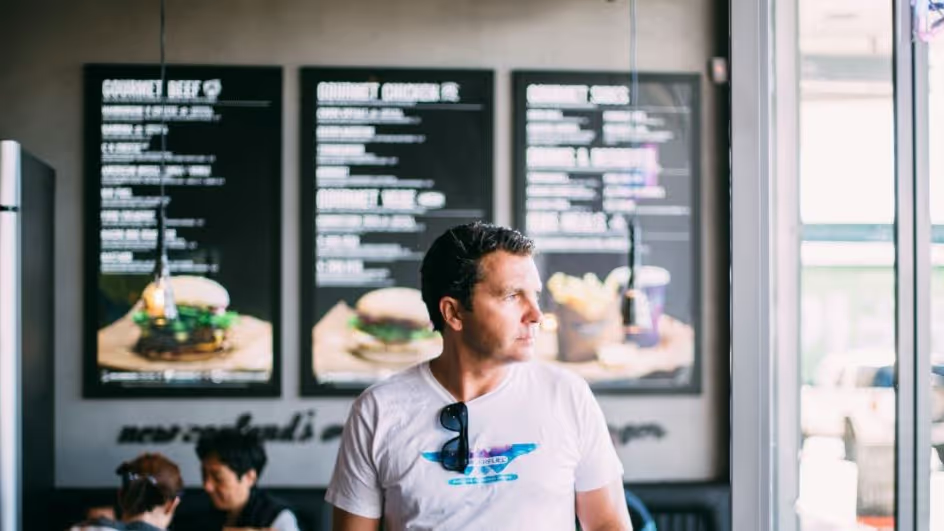



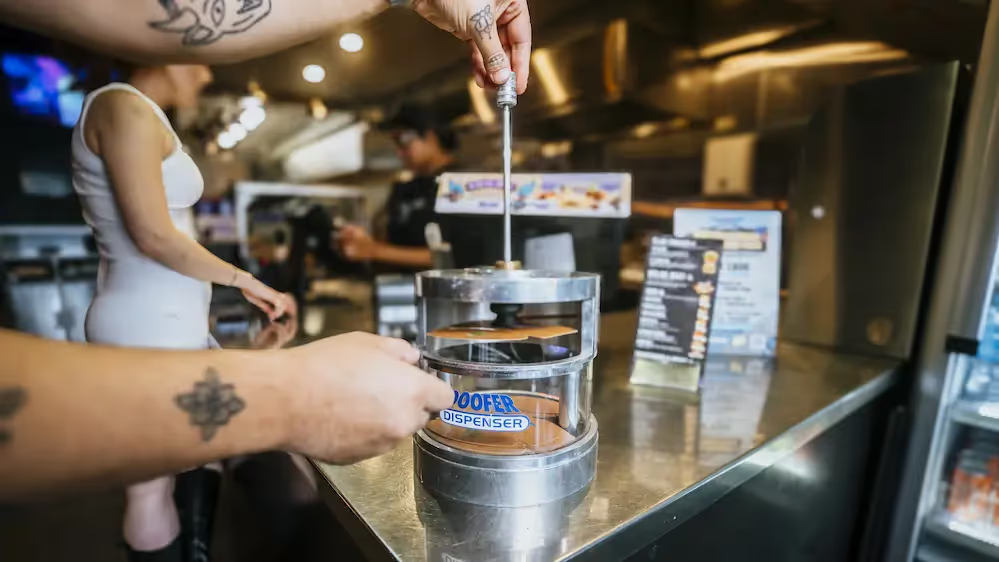
.avif)
.avif)
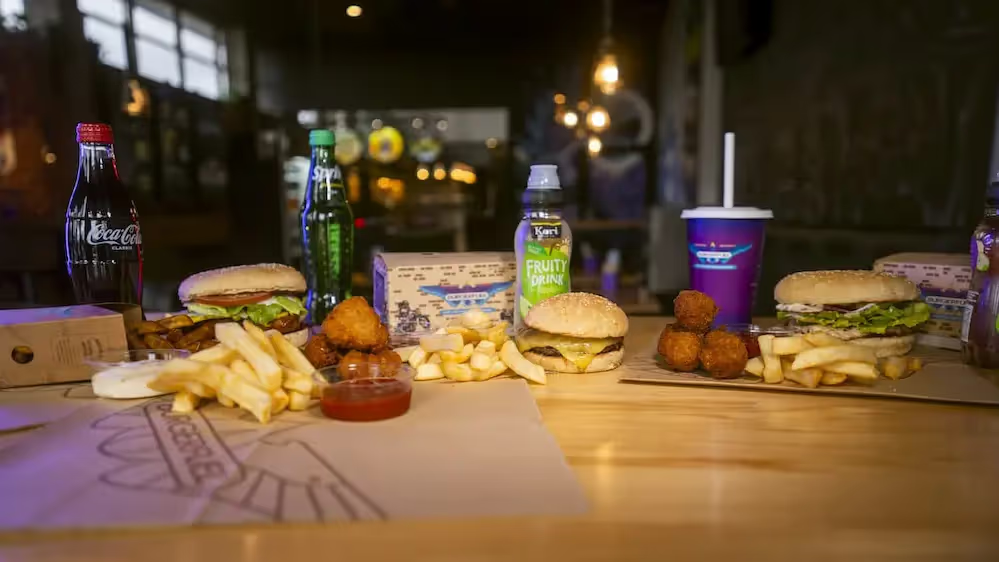
.avif)

.avif)


